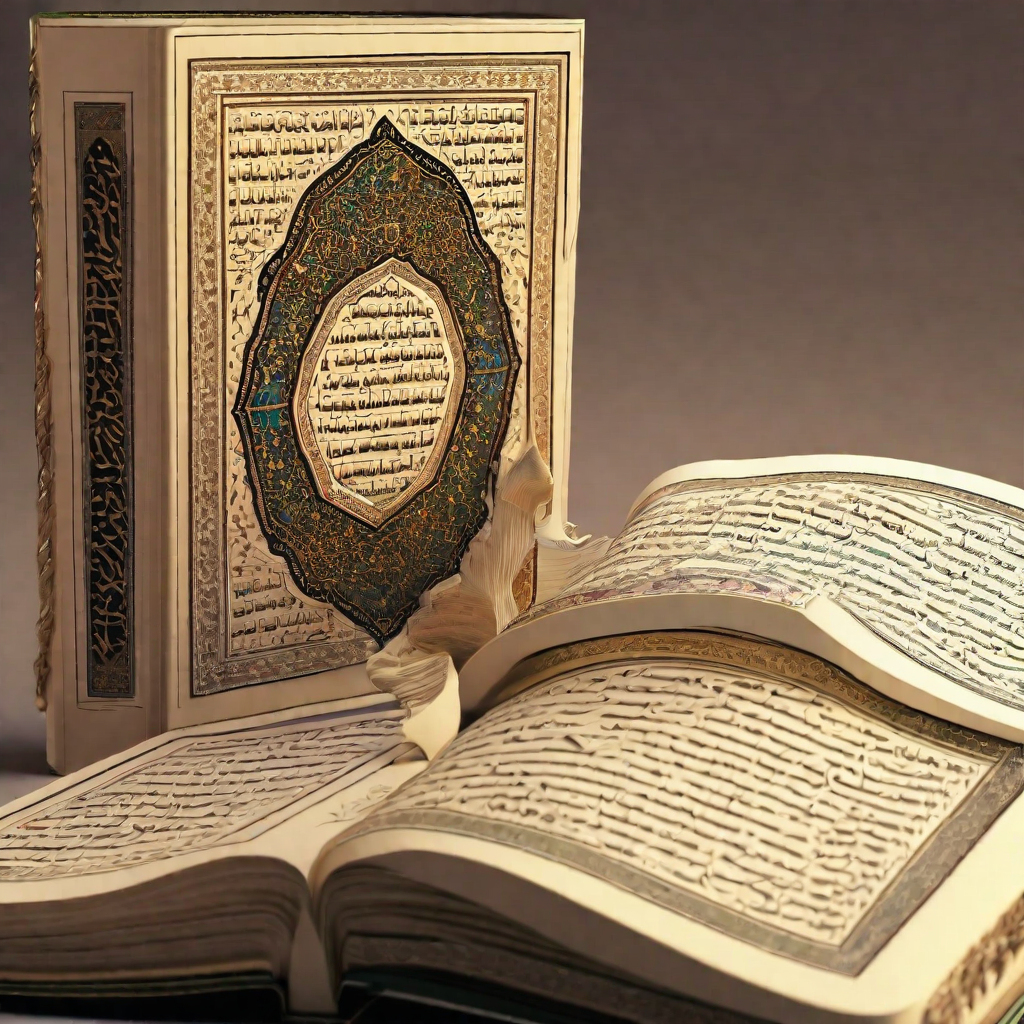Jannah - Paradise, the eternal abode of bliss for the righteous.
Jannah, which means Paradise in Arabic, is the ultimate reward and eternal abode of bliss that Allah has prepared for the righteous believers in the hereafter. It is described in the Quran as a place of unimaginable beauty, tranquility, and pleasure, where believers will be granted eternal happiness and fulfillment.
In Islam, Jannah is depicted as a place of abundance, where believers will be reunited with their loved ones and be surrounded by gardens, rivers, and luxurious dwellings. It is a realm free from pain, suffering, and the trials of this worldly life. The Quran describes Jannah as a place where believers will experience pure joy, contentment, and fulfillment of their deepest desires.
In Jannah, believers will be rewarded with various blessings for their faith, righteous deeds, and devotion to Allah. These include the company of righteous companions, nearness to Allah, forgiveness of sins, and the pleasure of beholding the divine presence. It is a place where all desires will be fulfilled, and believers will experience everlasting peace and happiness.
The Quran emphasizes that entry into Jannah is not solely based on worldly achievements or wealth but is granted by the mercy and grace of Allah. It is attained through sincere faith, righteous actions, and the forgiveness of Allah. Believers are encouraged to strive for Jannah by following the teachings of Islam, performing good deeds, and seeking Allah's pleasure.
The concept of Jannah serves as a source of hope, motivation, and encouragement for Muslims. It reminds them of the temporary nature of this worldly life and encourages them to prioritize their actions and intentions in order to attain the ultimate reward of Jannah.
It is important to note that descriptions of Jannah in the Quran are often symbolic and metaphorical, as human language and understanding cannot fully comprehend the true nature of its beauty and pleasures. Jannah is a reward that exceeds the limitations of this world and serves as an incentive for believers to strive for righteousness and ultimate success in the hereafter.








